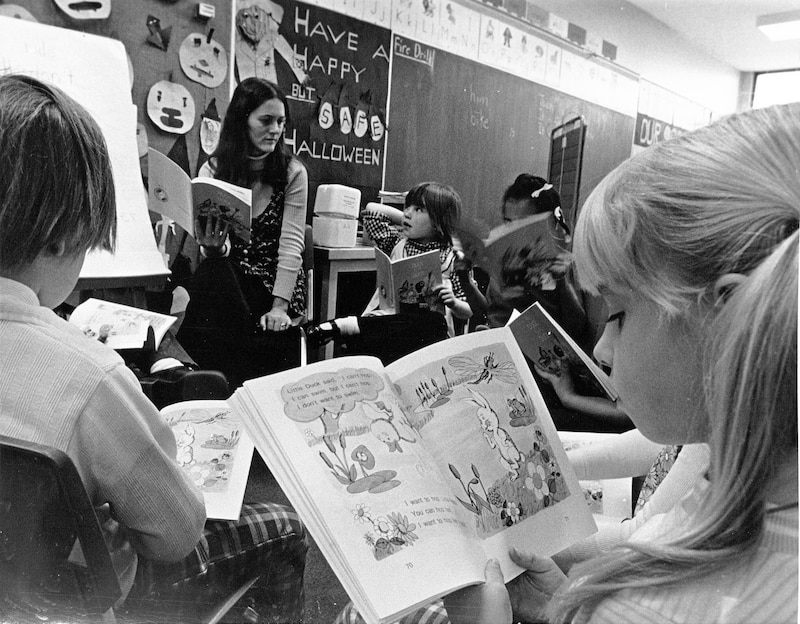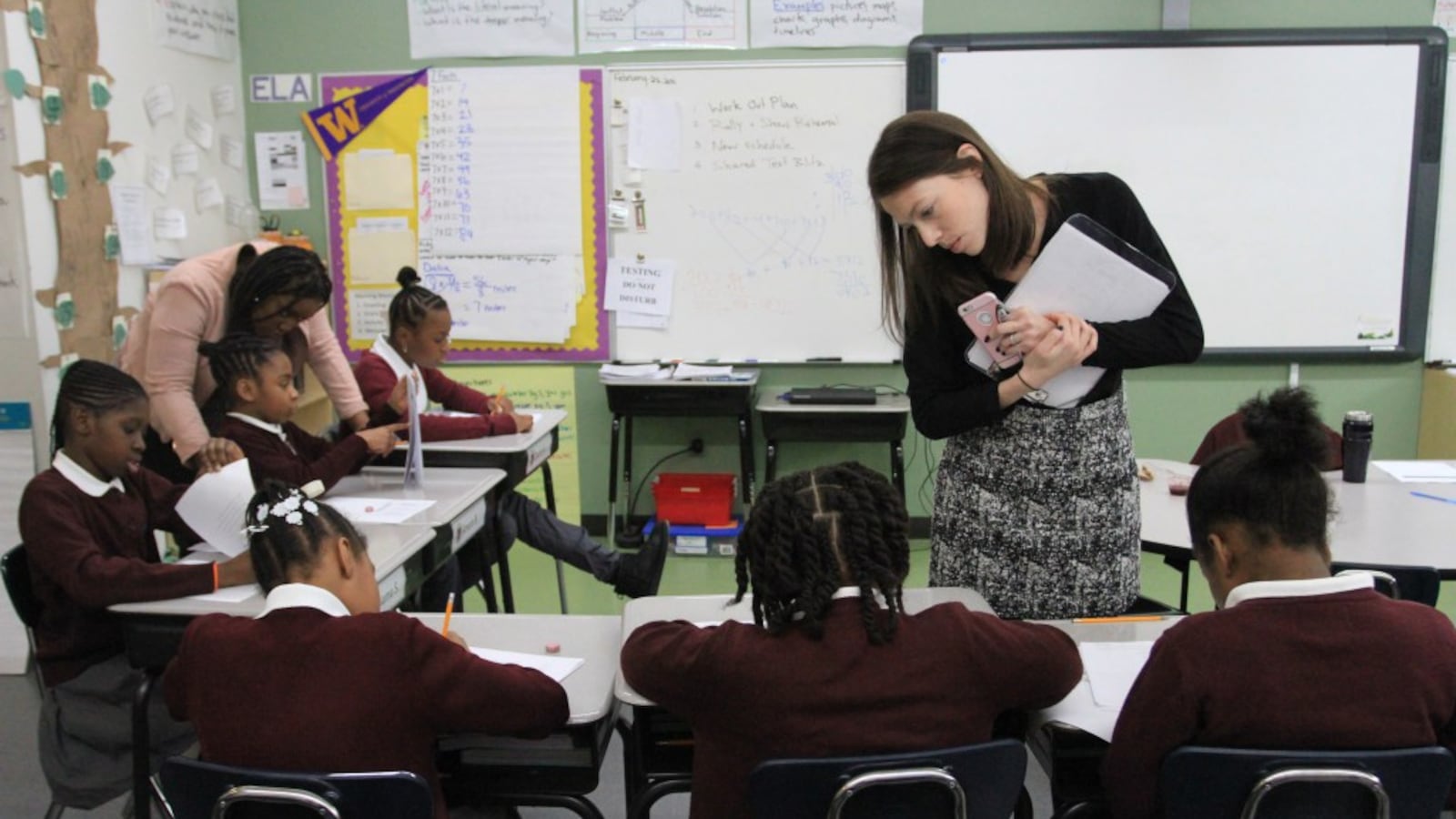What, exactly, are the best ways to help students learn?
Education research offered plenty of answers in 2016. In many cases, though, their work reaffirmed what teachers say they have long known — school environments really matter, for one, and early education pays big dividends.
Here are some of the most important findings of the year.
- School conditions matter for student achievement, new research confirms
“The researchers say these findings could help shift the debate about what factors are most important in boosting student achievement. Individual teacher effectiveness may be key, but if a school simply has an ineffective principal or unclear disciplinary code, the authors argue, ‘efforts to measure and strengthen individual teacher effectiveness are unlikely to produce desired results.'” - 50 years ago, one report introduced Americans to the black-white achievement gap. Here’s what we’ve learned since.
“It all started with a 700-page report that said something surprising: family background, not schools, explained most of the yawning gap between the achievement of America’s white and black students.”

- New study: Teachers’ wages lag further behind their peers than ever before
“There are no states where teachers make the same or more than their peers. In New York, teachers are paid about 91.3 percent of what similarly-educated workers earn.” - When is a student ‘gifted’ or ‘disabled’? A new study shows racial bias plays a role in deciding
“Teachers were more likely to see academic shortfalls as disabilities among white students, even when students of color demonstrated the same deficits. They tended to see these struggles as ‘problems to fix,’ the study explains, if students were white.” - Investing early in quality child care for at-risk kids pays off big later, research finds
“With many cities and states focused on the expansion of full-day kindergarten or preschool in recent years, the new findings bolster arguments for early childhood investments that also cover kids’ first three years.”


